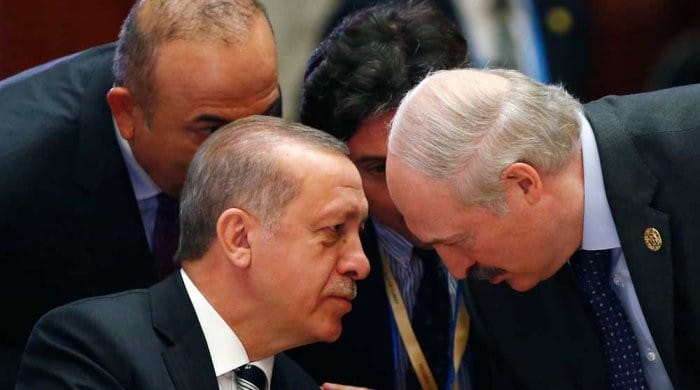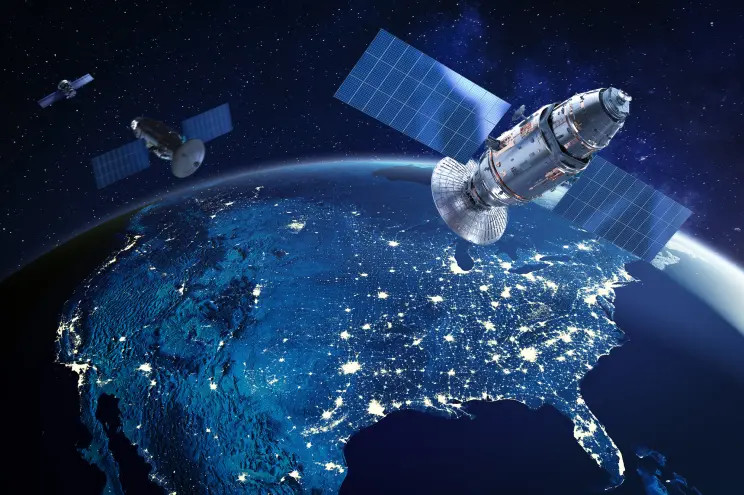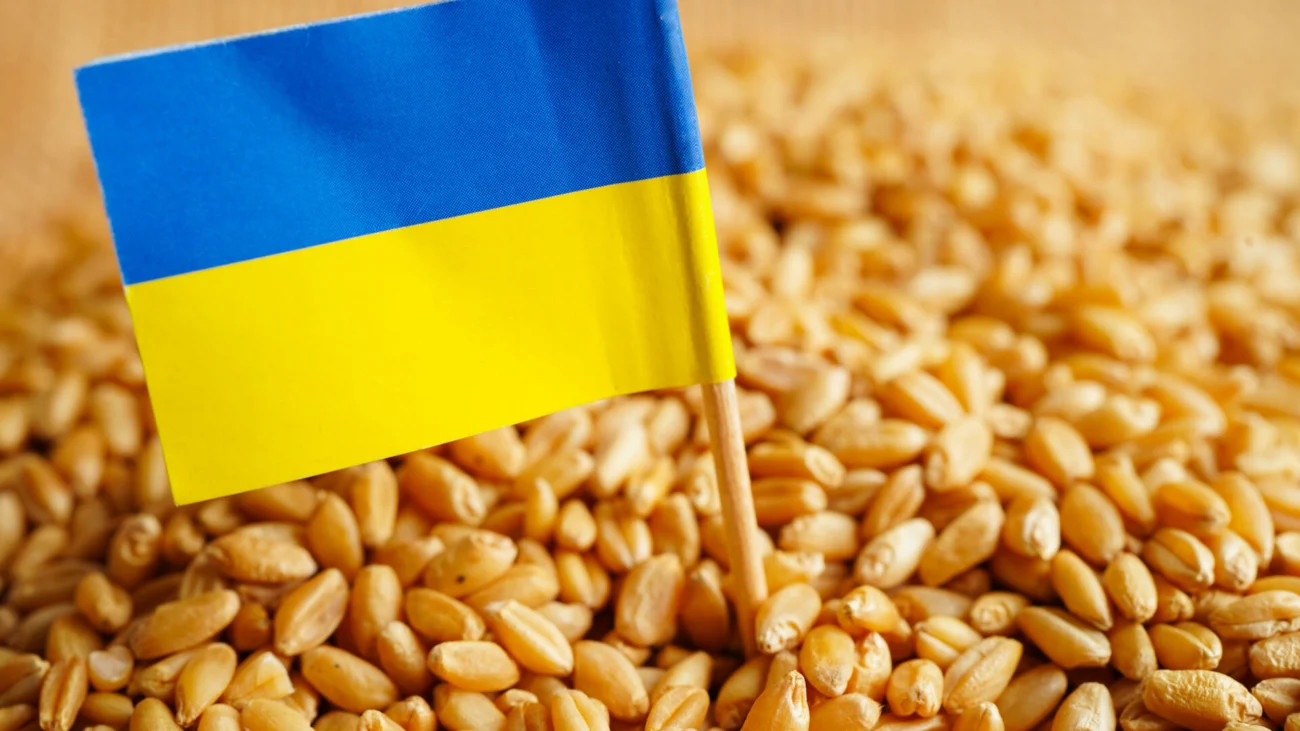Serbia is preparing to sign a fresh three-year contract with Moscow for the annual supply of 2.5 billion cubic meters of natural gas, starting in October 2025. The move, reported on September 23 by My Ukraine TV, raises concerns over Europe’s energy security at a time when the European Union is working to cut its dependence on Russian hydrocarbons.
Serbia balances between diversification and Russian dependence
Belgrade has announced an agreement with Azerbaijan to import 2.5 million cubic meters of gas per day, yet the planned Russian deliveries amount to nearly four times more — 9.5 million cubic meters daily. Serbia’s domestic gas storage capacity is limited to 780 million cubic meters, with an option to draw an additional 200 million from Hungary’s facilities, leaving the country exposed in case of supply disruptions.
In addition to gas, Serbia remains reliant on Russia for oil. The controlling stake in the national oil company NIS is held by Gazprom and Gazpromneft. The company has been hit by European sanctions, but instead of cutting ties with Moscow, it is seeking ways to ease restrictions while maintaining Russian partnerships.
Tensions with EU energy policy
The European Commission on September 19 unveiled its 19th sanctions package against Russia, including a ban on Russian liquefied natural gas imports by 2027, restrictions on Rosneft and Gazpromneft transactions, and a price cap of $47.6 per barrel on Russian oil. President Donald Trump has also tied U.S. sanctions to European commitments to phase out Russian oil.
Serbia’s decision to deepen energy ties with Moscow directly contradicts EU efforts and undermines the bloc’s push for diversification through LNG terminals and alternative suppliers. By pursuing integration with Brussels while continuing long-term contracts with Russia, Belgrade risks becoming a “Trojan horse” within Europe’s energy system, creating a precedent for other candidate countries and pro-Russian EU members such as Hungary and Slovakia.
Strategic risks for the Balkans and Europe
Analysts warn that Moscow’s control over Serbia’s critical energy resources gives the Kremlin leverage not only over Belgrade but also across the wider Balkan region. Such dependence increases vulnerability to supply shocks, threatens regional stability, and complicates EU attempts to maintain a united sanctions front.
The situation highlights a fundamental contradiction: Serbia’s declared ambition to join the European Union clashes with its enduring energy partnership with Russia. As Europe tightens restrictions and accelerates its shift away from Russian fuels, Serbia’s choices risk weakening the EU’s collective energy security and sanction regime.














